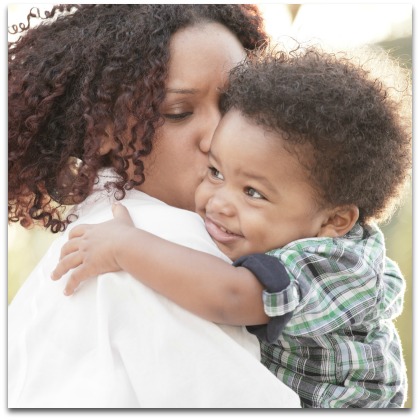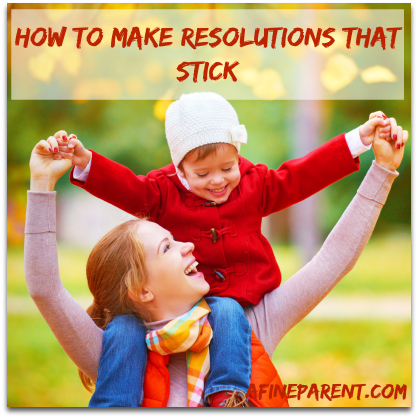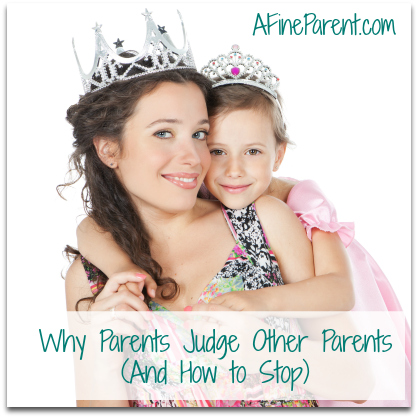Here is a quick preview of Douglas Haddad’s talk from the Positive Parenting Conference 2018.
In this talk titled How to Raise Remarkably Self-Motivated Kids, Douglas and I discuss:
- The difference between extrinsic motivation and intrinsic self-motivation, and why the latter is better
- Where intrinsic motivation comes from
- Several ways to build intrinsic motivation in our kids
If you are struggling to get your kids motivated to do what is expected them, this talk offers some great ideas to try!
 I am living with Mount Etna. In tween form.
I am living with Mount Etna. In tween form. One feeling all first-time parents can relate to is
One feeling all first-time parents can relate to is  How did your parenting year go? Are you the same parent today as you were on January 1st of last year? Are you the parent you want to be yet?
How did your parenting year go? Are you the same parent today as you were on January 1st of last year? Are you the parent you want to be yet? My mother has a timeshare in Orlando, so every February, we head down there to spend a week taking in the parks, spending time poolside, and enjoying a break from the gloom of winter.
My mother has a timeshare in Orlando, so every February, we head down there to spend a week taking in the parks, spending time poolside, and enjoying a break from the gloom of winter.